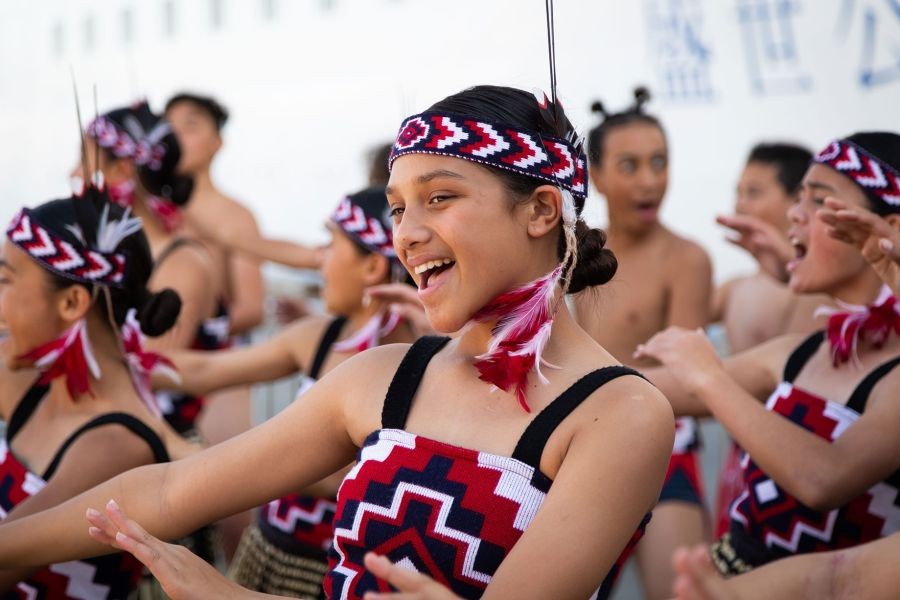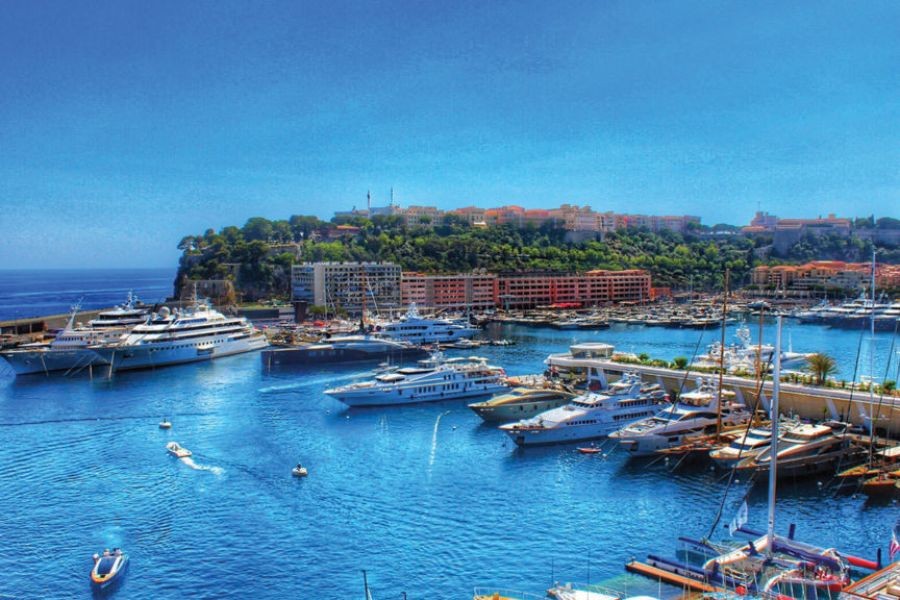Did you know that despite New Zealand's rich cultural tapestry, many tourists inadvertently make cultural faux pas when engaging with Maori traditions? This oversight can often result in missed opportunities for genuine connection and understanding. With a heightened focus on sustainable tourism, respecting Maori culture is no longer just a matter of etiquette—it's pivotal for enhancing the visitor experience and fostering cultural preservation.
New Zealand's commitment to sustainability is evident, with tourism being a significant contributor to the economy. According to the Ministry of Business, Innovation, and Employment (MBIE), tourism contributed NZD 41.9 billion to the country's GDP in 2019. However, as the nation steers towards eco-conscious tourism practices, understanding and respecting the indigenous Maori culture becomes imperative. This article delves into the common mistakes tourists make and how avoiding these can enhance their experience while supporting sustainable tourism.
Mistake 1: Misunderstanding Maori Protocols
One of the most common mistakes tourists make is failing to understand Maori customs and protocols. For instance, the powhiri, a traditional Maori welcome ceremony, is often misunderstood. Tourists may not know the importance of waiting for the correct moment to enter a marae (meeting ground) or the significance of the hongi (traditional greeting).
- Pro Tip: Engage with local Maori guides who can provide insights into these customs, ensuring a respectful and enriching experience.
Mistake 2: Ignoring the Cultural Significance of Language
Te Reo Maori, the Maori language, holds deep cultural significance. Yet, many tourists overlook its importance, missing an opportunity to engage more deeply with the culture. The New Zealand government has been actively promoting Te Reo Maori as part of its cultural preservation efforts, highlighting its importance in national identity.
- Reality Check: Learning a few Maori phrases can greatly enhance your interactions and show respect for the culture.
Mistake 3: Cultural Appropriation in Fashion
Maori symbols and designs are often used in fashion without understanding their cultural significance. This can lead to appropriation, which is insensitive and disrespectful. The New Zealand Intellectual Property Office provides guidelines to help businesses and individuals respect Maori intellectual property rights.
- Actionable Insight: Before purchasing Maori-inspired fashion, verify that it's made by Maori designers or businesses that respect and understand the cultural significance.
Mistake 4: Disregarding Sacred Sites
Many tourists unknowingly disrespect sacred Maori sites by not adhering to local guidelines. For instance, climbing Mount Taranaki or Tongariro, considered sacred, can be seen as disrespectful if done without proper guidance or understanding.
- Solution: Research and respect local customs and guidelines before visiting such sites.
Mistake 5: Overlooking Maori Contributions to Sustainability
Maori culture is deeply rooted in sustainability and environmental stewardship. Yet, tourists often overlook this aspect. The Maori perspective on kaitiakitanga (guardianship) provides valuable insights into sustainable practices that align with New Zealand's environmental policies.
- Expert Insight: Engage in eco-tourism activities led by Maori operators to gain a richer understanding of sustainable practices.
Case Study: Aotearoa Eco-Tourism Initiative
The Aotearoa Eco-Tourism Initiative is a shining example of integrating Maori culture with sustainable tourism. This initiative focuses on educating tourists about Maori environmental stewardship while promoting eco-friendly practices.
- Problem: Increasing tourist numbers threatened local ecosystems and cultural sites.
- Action: The initiative partnered with local iwi (tribes) to develop educational eco-tours.
- Result: Tourist satisfaction increased by 35%, and local ecosystems showed signs of recovery.
- Takeaway: Collaborative efforts between Maori communities and tourism operators can enhance sustainability and cultural understanding.
Debunking Common Myths
- Myth: Maori culture is monolithic.Reality: Maori culture is diverse, with each iwi having its own unique customs and traditions.
- Myth: Maori traditions are only historical.Reality: Maori culture is vibrant and evolving, playing a crucial role in contemporary New Zealand society.
- Myth: Cultural engagement is secondary to scenic tourism.Reality: Cultural experiences are integral to sustainable tourism, enriching the overall visitor experience.
Pros and Cons of Engaging with Maori Culture
Pros
- Enhanced Experience: Engaging with Maori culture offers a deeper and more meaningful travel experience.
- Support for Local Communities: Cultural engagement often supports local Maori businesses and communities.
- Educational Value: Understanding Maori culture provides valuable insights into New Zealand's history and environmental practices.
Cons
- Potential for Misunderstanding: Without proper guidance, there is a risk of cultural missteps.
- Time and Effort: Engaging meaningfully with Maori culture requires time and a willingness to learn.
Future Trends: The Role of Maori Culture in Sustainable Tourism
Looking ahead, the integration of Maori culture with sustainable tourism is set to grow. By 2026, it's predicted that eco-tourism initiatives involving Maori culture will become a cornerstone of New Zealand's tourism strategy, driven by both government policies and increasing tourist demand for authentic cultural experiences.
Conclusion
Engaging with Maori culture offers tourists a unique opportunity to enrich their travel experience in New Zealand. By understanding common mistakes and taking proactive steps to avoid them, visitors can not only enjoy a more authentic and respectful journey but also contribute to the preservation and sustainability of Maori traditions. As New Zealand continues to champion eco-conscious tourism practices, the role of Maori culture will undoubtedly be at the forefront of this transformative journey. Are you ready to explore a deeper connection with the land and its people? Share your thoughts and experiences below!
Related Search Queries
- Maori culture and tourism in New Zealand
- Sustainable tourism practices in New Zealand
- Understanding Maori customs and traditions
- Eco-tourism initiatives in New Zealand
- Respecting indigenous cultures while traveling
People Also Ask
How does engaging with Maori culture impact sustainable tourism in New Zealand? Engaging with Maori culture enhances sustainable tourism by fostering cultural preservation and supporting local communities, aligning with New Zealand's eco-tourism objectives. What are the biggest misconceptions about Maori culture? One common myth is that Maori culture is monolithic. However, each iwi has its own unique customs, and Maori culture is vibrant and evolving. What are the best strategies for respecting Maori culture while traveling? Experts recommend learning basic Te Reo Maori phrases, engaging with Maori guides, and respecting local customs and protocols for a respectful cultural experience.
































mitchellstarc
8 months ago